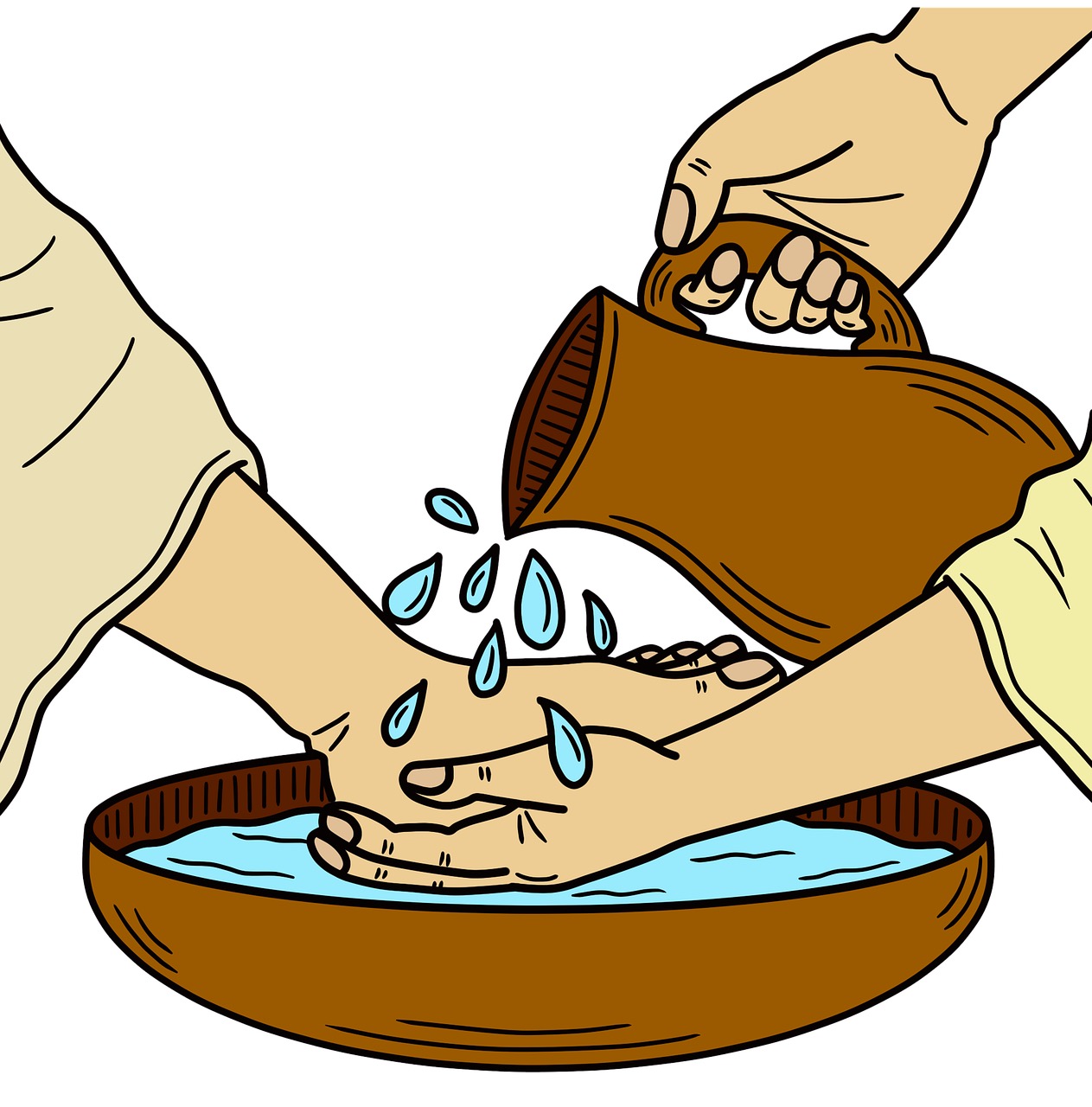“When one of the Pharisees invited Jesus to have dinner with him, he went to the Pharisee’s house and reclined at the table. A woman in that town who lived a sinful life learned that Jesus was eating at the Pharisee’s house, so she came there with an alabaster jar of perfume. As she stood behind him at his feet weeping, she began to wet his feet with her tears. Then she wiped them with her hair, kissed them and poured perfume on them. When the Pharisee who had invited him saw this, he said to himself, ‘If this man were a prophet, he would know who is touching him and what kind of woman she is – that she is a sinner.’” (Luke 7:36-39 NIV)
When you read this you have to realise that the Pharisees were very religious. They practiced Judaism in a way that would keep them from breaking even the smallest of God’s commands – or at least they tried to (and wanted everyone to believe it). Jesus by this time had made a name for himself as a teacher of God’s word. He was someone you would want to have come and eat with you. So this man invited Jesus to have a meal with him.
We also need to keep in mind that Jesus took time for those regarded as the lowest in society, those who were the outcasts. This woman heard where he was going to be and wanted to come and do what she could for him. But – and here is the problem – everyone knew that she “lived a sinful life” – they knew, as the Pharisee put it, “what kind of woman she is – that she is a sinner”. Although the sin is not specified in so many words it doesn’t take much to figure out what type of woman she was – the implication is that she was (or had been) a prostitute. Obviously, the Pharisee thought to himself (and perhaps mumbled under his breath), if Jesus was a real prophet he would have realised that and had nothing to do with her.
The truth is that Jesus knew what type of woman she was. He knew all about her,as can be seen by the story he went on to tell. But he was still willing for her to wash his feet, something that the Pharisee had not done (this was a common courtesy in first century Judea and he had not even provided water for Jesus to wash his own feet). To drive this home he told a story about two people who owed a debt.
“Two people owed money to a certain money-lender. One owed him five hundred denarii, and the other fifty. Neither of them had the money to pay him back, so he forgave the debts of both. Now which of them will love him more?’ Simon replied, ‘I suppose the one who had the bigger debt forgiven.’ ‘You have judged correctly,’ Jesus said.” (Luke 7:41-43)
The application seems obvious. Yes, the woman was a sinner, and Jesus did not try to play that down. But so was the Pharisee. Perhaps in society’s eyes the sin of the woman was greater. But when forgiven, she wanted even more to express her love and gratitude to the person who had accepted and forgiven her – so she came to wash and kiss his feet and then poured expensive perfume on them. These were the very things that the Pharisee had not provided for Jesus.
“Therefore, I tell you, her many sins have been forgiven – as her great love has shown. But whoever has been forgiven little loves little.” (Luke 7:47)
What is our reaction to those who are outcasts in our society? Perhaps they are immigrants and do not speak our language well. Perhaps they have been living sinful lives. But don’t we realise that this is who Jesus came for? Rather than ostracising those who are outcasts or immigrants we need to be trying to reach them with the same love that Jesus showed this woman. Jesus can forgive all sin. He died for each one of us because we have all sinned. Let’s learn to show his love in our lives.
Image by Bucarama-TLM from pixabay.com. Free for use.
Readings for next week: Luke 3-7
- Do we accept or reject Jesus? - 2026-01-02
- Spending time with outcasts - 2025-12-26
- We harvest what we plant - 2025-12-19
